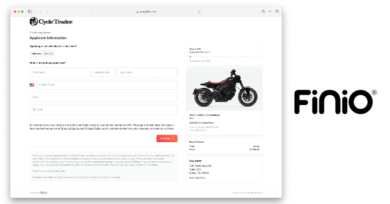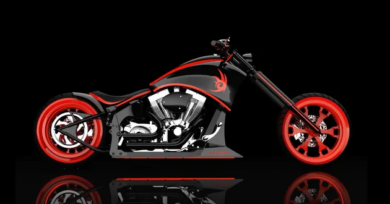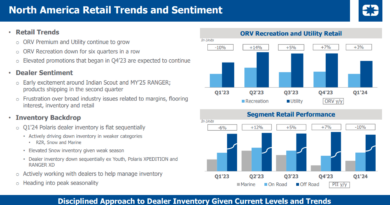May 14, 2007 – Match the personality, not the person, to the right job
Don was the best tech I ever had. He could true a wheel by just listening to the pitch and tone of his 10mm wrench striking the spokes. If a hunk of metal had oil and moved, he could fix it. He was good. Darn good.
So I made him my service manager. And within a week I had two problems: I had lost my best tech, and I had gained a lousy service manager. The problems, the complaints, the scheduling, the warranty fights, dealing with the sales guys — it just about did him in, and he asked if he could return to his bench, his tools and the solitary joy of turning wrenches.
Alex could assemble units as fast as any man I’ve ever seen. He could jockey that forklift like a quarter-horse, then gently lift a crate off the top of a 4-high stack, dolly it back to his bench and have it in the customer’s hands exactly on time. I never had to worry about axle nuts that weren’t safety-locked, about cables that were run too tight or engines without oil in the crankcase. Alex was good. Darn good.
And he wanted to be a salesman. He wanted to wear a clean shirt, look good, talk to the riders he knew, sell them cool bikes and make lots of money. So I pulled him out of the shop, cleaned him up and gave him ups on the sales floor.
It lasted about three days.
Eager customers would ask about a particular model, and if it wasn’t on Alex’s personal approved list, the customer got an earful of why he shouldn’t buy that unit. As I watched customers fleeing for the doors, I knew I didn’t have just one problem, but two: I had lost a terrific setup guy, and now had a lousy salesman.
Alex returned to his bench, and I was left to think about the mistake I had made. I was doing something wrong, and I didn’t know exactly what it was.
It was years later that I learned about categorizing people’s strengths based on personality types. Dr. Michael Rock, of Seneca College in Toronto, and others are now making sense out of the diversity of people we deal with every day. Most researchers seem to agree that we all fall into four basic categories.
The first personality type could be called the Drivers or the Leaders. These people are the CEOs, the owners and the Captains of Industry. They seldom produce with their own hands, but can inspire many hands to produce. They see themselves as leaders, make quick decisions and have no patience with cheerleading-type seminars or meetings. They can’t be bothered with details, and they want results now.
The second group, Supportive or Stabilizing persons, have great empathy, care and concern for their fellow man, all the earth’s animals and each of its trees. They are our teachers, health-care providers, social workers and volunteers. They have a great sense of personal well-being and self worth. They enjoy bringing happiness to others. This world would be unbearable without them.
A third group are those who pay serious attention to detail. Call them Analyzers or detail persons — they make this world work. They are our accountants, engineers, lawyers and computer techs. They are serious and loyal. They love working with numbers and avoid hype and glitter. They are structured, and work for perfection and consistency. These people are cool, methodical and not excitable. We want them for our airline pilots, military leaders, astronauts and road builders.
And finally, the group that the other three groups like to watch: The Energizers, or the Interactives. Here we find our entertainers, artists, musicians, great salespeople and public speakers. They are in the news constantly, first because they want to be there, and second because the rest of us are fascinated with them. They seem to have it all — fun, money, sex appeal, good looks, perfect teeth and trophy wives. We don’t know how they do it, but it sure is fun to watch.
I put two detail persons (Don and Alex) into positions that required interactive skills (sales and customer interface). It didn’t work. And by now, I know some other things that simply do not work: The wrong person as CEO (Detail) cuts advertising when sales are down. The right person as CEO (Driver) throws money at advertising when sales start to slump. An Interactive person (performer type) as business manager will decorate the office for every holiday, including St. Patrick’s Day, but can’t get the P&L out on time. A Supportive type as general manager will have daycare, flex-time and birthday lunches for all, even when the store is struggling to make a profit.
We are all different. And it does take a village. None of us is just one type, we are a mixture of two or three. But understanding dominant personality types helps me deal with employees, customers, associates and even my own family. If you have made a mistake, correct it. Let that tech return to the shop, get the party person out of the office and into events planning and move that serious salesperson off the floor into accounting. Match the right person to the right job and everybody wins.
Hal Ethington has been associated with the powersports industry for more than 30 years. Ethington is a senior analyst at ADP?Lightspeed. He can be reached at Hal_ethington@adp.com. psb




